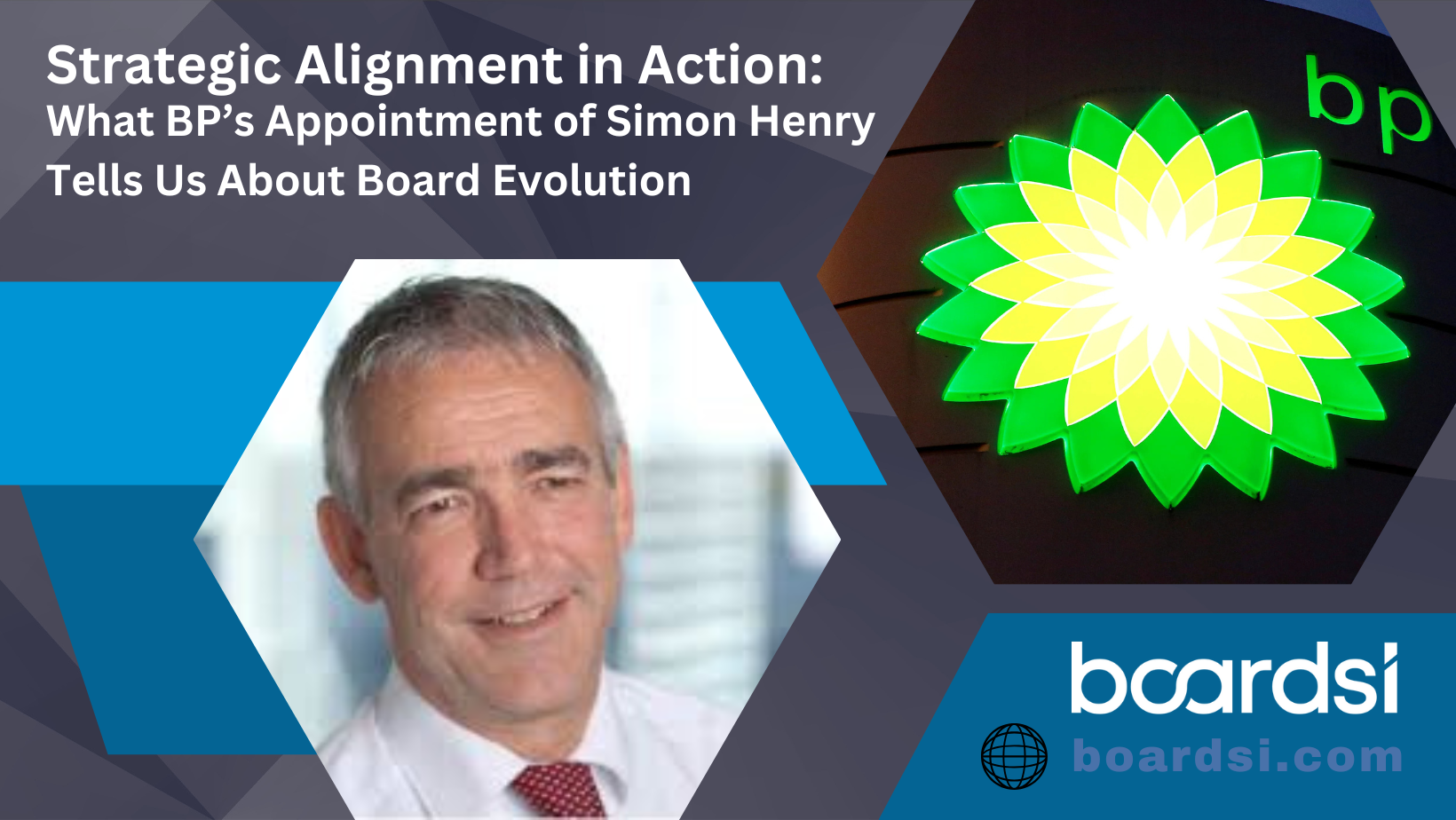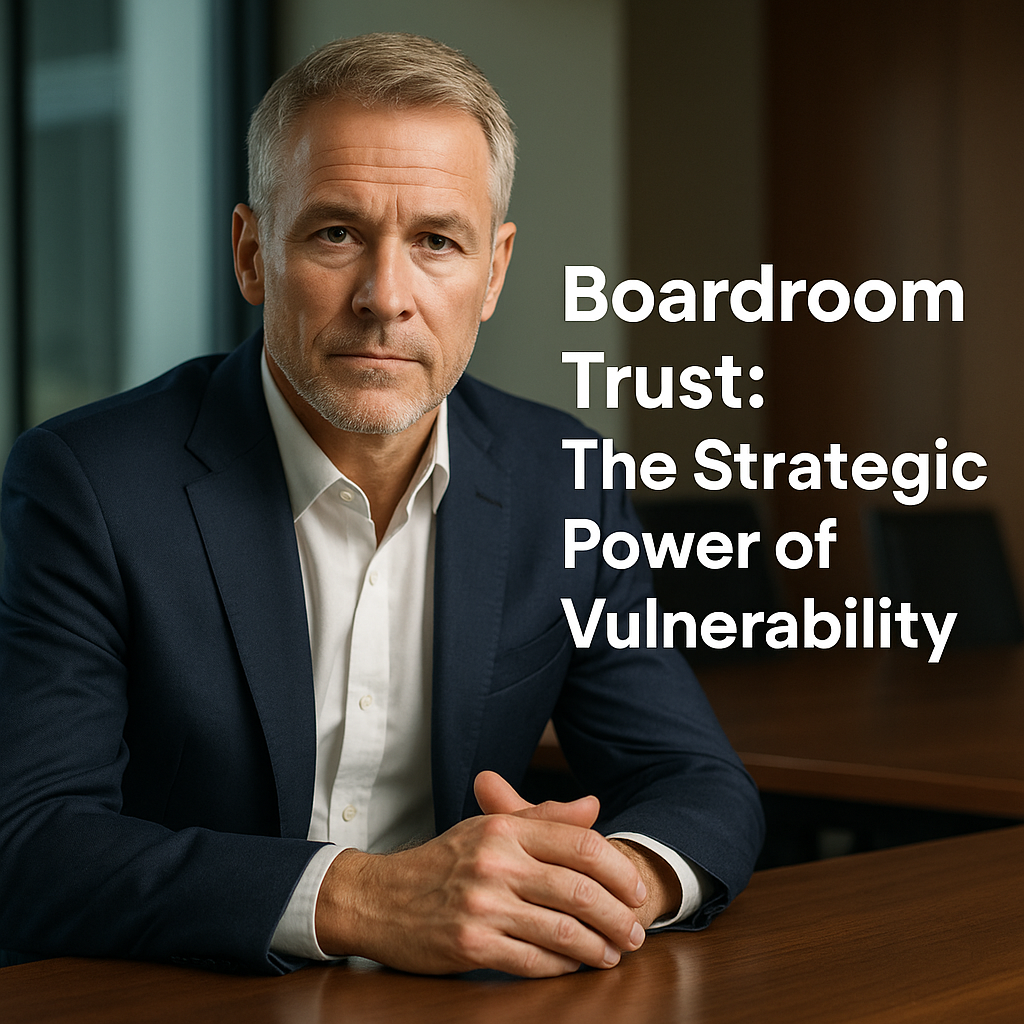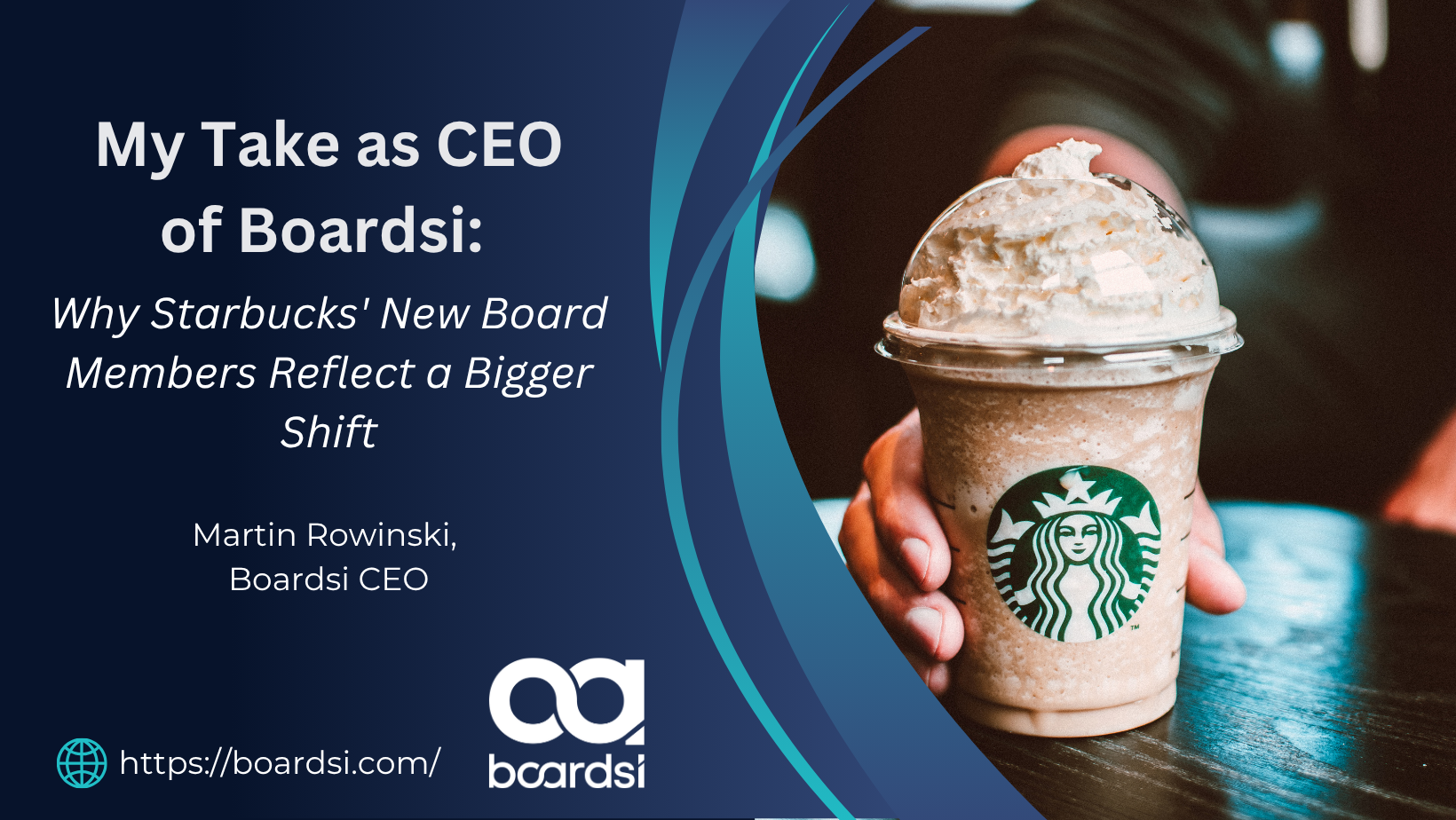In the competitive world of business, individuals often focus on building a strong corporate brand. However, equally important is the concept of executive branding, which revolves around cultivating a distinct and influential personal brand for key leaders within an organization. This article delves into the importance of executive branding and its profound impact in the boardroom, as elucidated by Daniel Henry, COO of Boardsi, a leading executive recruitment platform.
Understanding Executive Branding
Executive branding, in essence, is the practice of establishing and enhancing the personal brand of top-level executives within an organization. This brand represents not only their professional expertise but also their values, leadership style, and unique contributions to the company. When executives invest in their personal brand, they create a powerful narrative that can significantly benefit both their careers and the organizations they serve.
Why Executive Branding Matters
- Building Trust and Credibility: A strong executive brand fosters trust and credibility, both internally and externally. When board members, employees, clients, and stakeholders associate a leader with authenticity and expertise, it engenders confidence in their decisions and strategies. Daniel Henry points out that trust is a cornerstone of effective leadership, and executive branding plays a pivotal role in establishing this trust.
- Attracting Top Talent: An executive with a well-defined personal brand can attract top-tier talent to the organization. Potential employees are drawn to leaders who are seen as visionaries, innovators, and mentors. Boardsi’s COO highlights that executive branding can be a valuable tool in the recruitment process, helping companies secure the best talent in the industry.
- Enhancing Boardroom Influence: In the boardroom, where critical decisions are made, executive branding can be a game-changer. Executives with strong personal brands command attention and influence discussions. Their expertise and reputation can sway board members, helping them garner support for strategic initiatives and reforms.
- Crisis Management: During times of crisis, an executive’s personal brand can act as a buffer, protecting the reputation of both the individual and the company. When an executive has already built a positive brand, stakeholders are more likely to trust their leadership and navigate through difficult situations with confidence.
- Competitive Advantage: In a competitive marketplace, companies with executives who possess well-established personal brands gain a competitive edge. Such leaders can differentiate themselves and their organizations, making it easier to attract clients, partners, and investors.
Strategies for Effective Executive Branding
Define Your Values and Vision: Executives should begin by defining their core values and long-term vision. This clarity provides the foundation for building a personal brand that aligns with their aspirations and resonates with their audience.
- Consistent Communication: Consistency is key in executive branding. Leaders should communicate their message, expertise, and values through various channels, including social media, public speaking engagements, and published articles. Daniel Henry emphasizes the importance of engaging with stakeholders regularly to maintain visibility and relevance.
- Thought Leadership: Executives can establish themselves as thought leaders in their industry by sharing insights, trends, and solutions relevant to their field. This positions them as experts and innovators, enhancing their executive brand.
- Authenticity: Authenticity is a cornerstone of successful executive branding. Executives should stay true to their values and maintain integrity in their actions and communications. Authenticity builds trust and credibility.
- Seek Feedback: Seeking feedback from peers, mentors, and colleagues can help executives refine their personal brand. Honest input can shed light on blind spots and areas for improvement.
In today’s dynamic business environment, the significance of executive branding cannot be overstated. As Daniel Henry, COO of Boardsi, highlights, executives who invest in building their personal brands can enjoy numerous benefits in the boardroom and beyond. From fostering trust and credibility to attracting top talent and influencing critical decisions, executive branding is a powerful tool that can propel both individuals and organizations to new heights. To thrive in the competitive corporate landscape, executives should recognize the value of their personal brand and take deliberate steps to cultivate and nurture it.
Source: Daniel Henry – Boardsi COO









